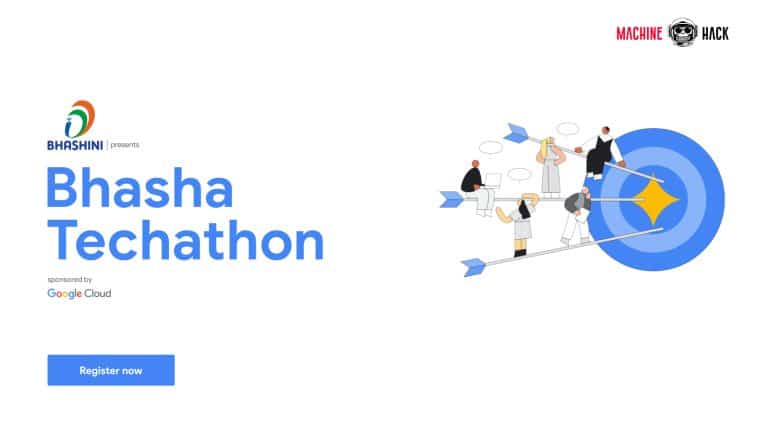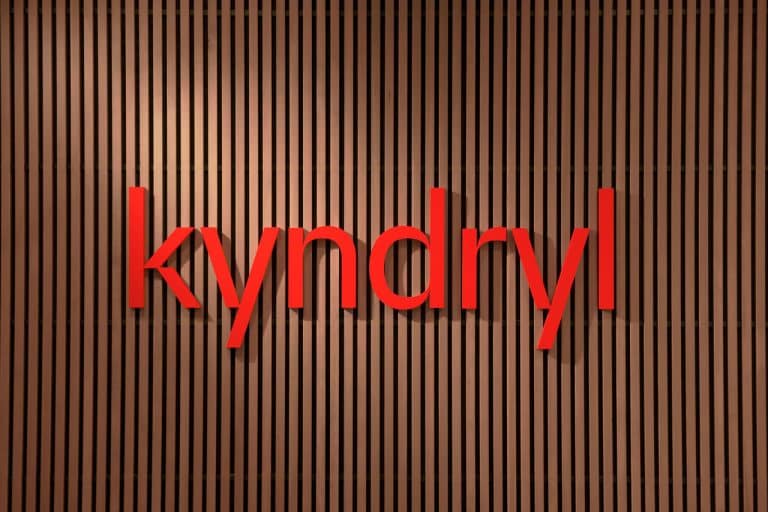|
Listen to this story
|
Microsoft Azure and Google Cloud are among the top three cloud services providers, second and third, respectively, to Amazon Web Services (AWS). Google Cloud, launched in 2008, lags behind AWS and Azure in terms of market share despite its engineering prowess.
Credit Suisse analyst Phil Winslow is bullish on Azure and expects the company to narrow the revenue gap with AWS while widening the gap with Google Cloud. His argument is that Azure will benefit from companies making big changes in the way they structure their IT infrastructure, not just shifting specific applications to the cloud.
According to a survey done earlier this year, Azure has, in fact, surpassed AWS in terms of popularity. Around 80% of respondents said they used Azure, compared to 77% for AWS.
However, Alphabet CEO Sundar Pichai recently said that cloud is one of Google’s fastest-growing businesses. Thomas Kurian, CEO of Google Cloud, last month said that the company wants to simplify all of the technology that organisations need. In terms of market share, Google holds around 10% of the global market in Q2 2022. Azure, on the other hand, sits in second place with a market share of 21%, according to Statista.
(Source: Statista)
Enterprise customers
One of the factors that worked in Microsoft’s favour is its roots in the enterprise business. This is something which Google lacks. Microsoft sells products spanning from Office, Windows, Dynamics to Outlook, and it was easier for them to upsell its cloud services to its enterprise customers.
From the perspective of these companies, it made more sense for them to go with Microsoft as they already used its products which their employees are familiar with. In fact, a majority of the Fortune 500 is on Azure as they want seamless security and APIs regardless of the environment.
Google’s strategy to convince companies to do things their way and not pay attention to what the customer actually needs did not help their cause either.
Moreover, Microsoft has used strategies such as vendor lock-in, which is not new to the company. Over the years, Microsoft has successfully leveraged its partner ecosystem to cross-sell its cloud solutions which has helped Azure emerge the second-biggest cloud service provider globally.
Data centres
Google Cloud also lags behind Microsoft when it comes to infrastructure. Microsoft’s cloud infrastructure is massive, and it will take Google a lot of time and investment to match Azure’s capabilities.
Microsoft Azure does not share the locations of its data centres; however, as per estimates, Microsoft operates over 200 physical data centres in 59 regions and 113 availability zones spread across 35 countries. Further, 19 regions and 51 availability zones are in development. In comparison, Google Cloud operates around 30 data centres in 35 regions and 106 availability zones spread across more than 200 countries and territories.
However, Google is in the process of adding nine more regions, which means Google Cloud will have data centres in 44 regions by 2024. During Google Cloud Next 22, the company announced Austria, Greece, Norway, South Africa, and Sweden as new Google Cloud regions.
Even though Google Cloud can’t compete with Azure in terms of infrastructure, it does offer attractive pricing across all cloud services.
Google Cloud Data Centre Location
Services on offer
Both Google Cloud and Microsoft Azure offer a wide range of services to their customers ranging from storage and compute to networking. Both AWS and Azure offer more than 100 different services; however, Google Cloud only offers around 60 services.
In terms of services, Azure again emerges on top as it offers a well-rounded set of storage services; comparatively, Google has lesser offerings.
In terms of compute services, Google Cloud has the most attractive prices. However, what Azure offers is a discount model, which is attractive to existing Microsoft customers. Besides, Google Cloud’s salesforce is small compared to both AWS and Google. Google Cloud CEO Thomas Kurian in 2019 acknowledged that their sales force is one-tenth to one-fifteenth the size of the sales forces at AWS and Microsoft Azure.
Over the years, Kurian has extensively hired personnel to bolster its workforce in order to stay competitive. Most notable was the arrival of SAP veteran Robert Enslin in 2019.
One thing that adds to Google’s advantage is that Microsoft has a much more difficult learning curve. However, for Google to overtake Azure, it would need much more than offering attractive prices and a smoother learning curve across all deployments.
Does Google lack focus?
Azure contributes to nearly 27.5% of Microsoft’s revenue compared to Google Cloud’s 5.5%. In fact, Azure has emerged as the most important vertical for Microsoft, bringing in the highest share of revenue. However, Google still earns a majority of its revenue from ads and hence, many argue that’s where Google’s focus lies.
Analyst Charles Fitzgerald believes Google Cloud Platform is like a hobby for the company. “When Google CEO Sundar Pichai gets up in the morning, the broader Google Cloud business (including G Suite) is, on a really good day, a distant fifth on his list of concerns,” he said. However, it would be unfair to say Google lacks focus. Recently, Pichai did stress that Google Cloud remains a key priority for the company.
To stay competitive in the cloud segment, in 2018, Google Cloud hired Kurian as its CEO to attract more enterprise customers and bolster its cloud business. Since his arrival, one of Kurian’s key focuses has been to make Google Cloud enterprise-ready and overcome the notion that Google did not know how to generate enterprise sales and can only do well as a product company.
In the past three years, Kurain has managed to make Google Cloud more competitive. Tom Galizia, global chief commercial officer of the Alphabet/Google practice at Deloitte Consulting, said, “You don’t go from $5 billion [in annual revenue] to $20 [billion] in three years and not get to claim that.”
However, despite Kurian’s arrival, Google Cloud continues to operate at a loss, and its market share has remained locked-in.
What’s next?
During this year’s Google Cloud Next 22 conference, the company announced a series of infrastructure and migration updates to better help organisations run on Google Cloud, at the edge, or in their data centres. Google announced Dual Run to help companies migrate their decades-old mainframes onto the cloud. It also announced new innovations in Google Workspace and its partner ecosystem.
“Google Cloud is what enables us to share innovation and investment across Google with companies, governments and organisations worldwide,” Pichai said during the inauguration session of Next ’22.
The tech major also announced that it will allow its customers to pay for their cloud services with cryptocurrencies from 2023. In order to facilitate crypto payments, Google has teamed up with US-based crypto exchange Coinbase.


















































































